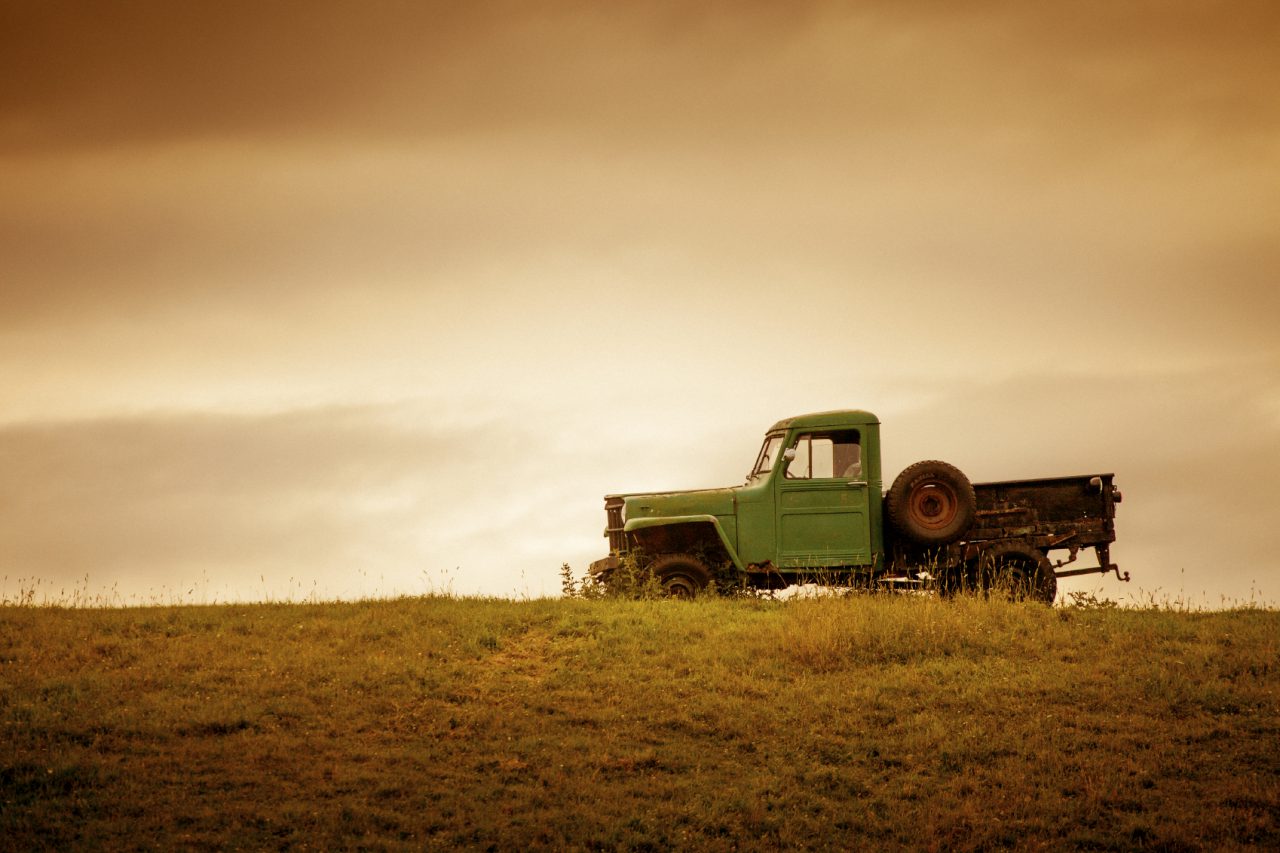Spring arrived in these parts in a big rush, as though it had to hurry as fast as possible into summer. I have been forced to try to keep up with it. Last year the summer vegetables were particularly succulent and, as through the winter, I remembered all the delicious pasta sauces, salads, and ratatouille I'd had. My bold, or perhaps foolhardy, plan was to expand the part of my agricultural enterprise that gets the best southern sunlight. If all went well, I would enjoy even more and better pasta sauces, salads, and ratatouille.
By my rough-and-ready reckoning, I am planning to add to the total agricultural production of our country about an additional .00459 acre of land. This is not agribusiness level growth. The trouble is, however, that every square foot of it must be wrested from the unruly land abutting the current cultivated plot, and then protected by a high wire fence from the large deer herd that, even now, stand in the distance licking their chops, watching me sweat.
The overgrown areas are problematic for a few reasons though the solution is fairly simple. We have in these parts a horrible invasive vine, an Asian extraction – New Jersey’s answer to kudzu – the Ampelopsis brevipedunculata, sometimes called porcelainberry. It is capable of overwhelming and strangling even large trees. Ruthless cutting back offers temporary relief. Porcelainberry has the sinister regenerative powers of the Hydra. The only way to get rid of it is deracination, a task only slightly less difficult than eradicating bamboo. We have a profusion of that too, but one menace at a time.
The other issue is the rich grassland. The sod is particularly luxuriant. Indeed, local farmers of cultivated sod made a small fortune during the first phase of the housing boom, supplying developers with instant lawns. During the second boom they made larger fortunes selling off the farms themselves. There is a reason that early settlers on the Great Plains, destined to be our national granary, were called sodbusters and why so many of them went mad in the attempt to bust it. If you want to have thriving tomato roots you have to get rid of the grass.
I don’t go in for power tools, except indispensable ones, like my pickup truck. Several years ago I spent a pleasant semester as a visiting professor at Colgate University. Knocking around the country roads, I came upon a junk heap. In the tangle there was a sturdy steel frame, three feet by four, onto which a mesh of heavy steel wire had been welded. I had no idea what it was intended for, but I easily imagined a use for it. It would become an industrial strength sieve or screen for breaking up heavy clods of New Jersey topsoil. I manhandled it up into the truck bed and eventually brought it home.
For the past couple of weeks I have been straining roughly .00459 acres of Mercer County, separating the precious top soil from a knot of vine roots, many the thickness of my thumb, removing the odd splinter or fragment of schist, and separating every possible fleck of rich dirt from its grassy wig. The wretched vine roots are consigned to the less than tender mercies of the town’s monthly pick-ups of brush and vegetable debris.
The garden would seem to be one of the great cultural archetypes. One of the finest and emblematic gardens appears in what is perhaps the sweetest work of the genius philosophe Voltaire. At the end of Candide, the young man who gives his name to the work meets an old Turkish farmer who teaches him what a quest for exotic experience and abstruse philosophy has failed to provide. It might be called the meaning of life. Speaking of his few arpents of small-holding, the old Turk says, “I cultivate them with my children; the labor shields us from three great evils: boredom, vice, and want.” Hence Candide’s motto il faut cultiver notre jardin, we must tend to our garden. I don’t know about boredom, vice, and want, but it doesn’t do much for an aging back.









